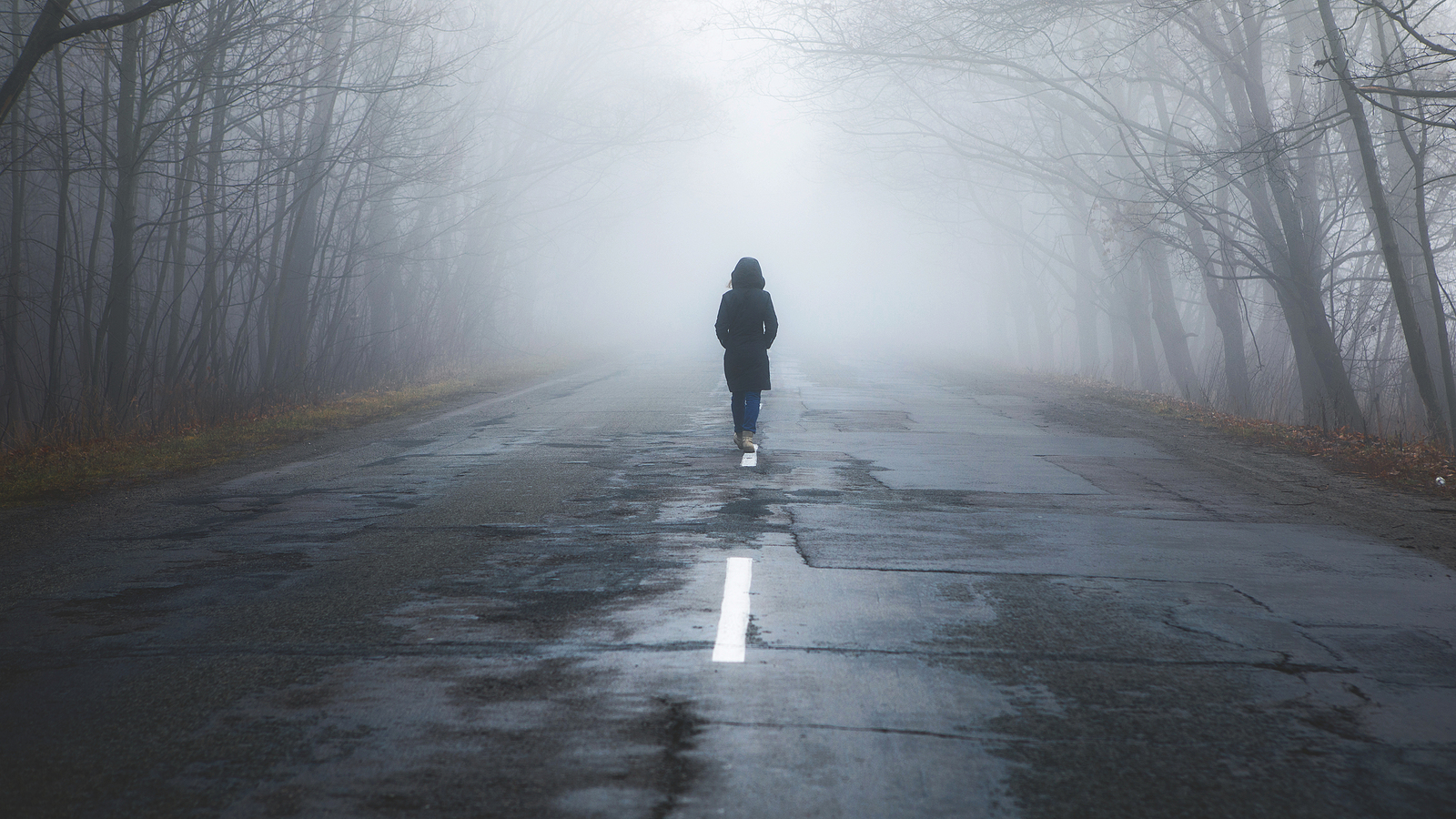
The mists lift over a post-Roe landscape
This week the online magazine Politico published a leaked draft opinion from the US Supreme Court which would overturn Roe v. Wade, the 1973 decision which framed abortion as a constitution right. It’s obviously the biggest bioethics story of the year.
What does the draft say? The heart of the draft opinion is that abortion is not, as Roe v. Wade declared, a constitutional right. It is a matter for the states to decide in a federal system. Understandably, the draft is being interpreted by the furious pro-choice side as a pro-life smash-and-grab. But the arguments deployed by Justice Alito, the author, do not touch upon the personhood of the unborn child – to the disappointment of pro-life activists.
What do Americans think? It’s difficult to say. According to polls cited by politicians and activists, somewhere between 60% to 80% of Americans support abortions rights. If this is correct, as Frank Bruni wrote in the New York Times, it is “a right most Americans want”. But when these numbers are examined more carefully, this support is less than the “broad and unwavering public support” cited in the Washington Post.
A study by the Pew Research Center published on May 6, two days after the leak, shows that “About six-in-ten Americans (61%) say abortion should be legal in ‘all’ or ‘most’ cases, while 37% think abortion should be illegal in all or most cases.”
The survey shows that American attitudes are more nuanced than pro-choice activists claim. For instance, “Fewer adults say abortion should be legal 24 weeks into a pregnancy – about when a healthy fetus could survive outside the womb with medical care. At this stage, 22% of adults say abortion should be legal, while nearly twice as many (43%) say it should be illegal.” So it could be argued that a plurality of Americans believe that abortion in the third trimester should be illegal.
What does the media think? The most influential newspapers described the draft opinion as a retrograde step for women’s rights. The New York Times declared that “the right to an abortion cannot be left at the mercy of individual states”. The Guardian described it as “the grim culmination of a crusade by zealots, against the will of the majority, to risk the health, happiness and lives of women”. The Economist criticised the Court for its lack of prudence: “it risks damaging itself and accelerating the division of the country into two mutually hostile blocs”. The Washington Post’s editorial was intriguing: it decried the destruction of individual rights without mentioning the word “woman” once. Instead, it referred to pregnant people, pregnant individuals, wealthy people, and poor people.
What do bioethicists think? Bioethicists come in all shapes and sizes. But most were aghast. Below are four comments from supporters of Roe v Wade and three from opponents.
Arthur Caplan, of New York University: “Is it now time to seriously debate a Northern secession? I don’t want to be ruled by white racists and their courts and religious zealots. We can pretend there is respect for democracy but there is not. 360,000 Union troops died to preserve the nation in the civil war, hundreds of thousands more were wounded or maimed. Sadly the House remains Divided. It is time to separate and let common values drive national allegiance.”
Wendy Mariner, of Boston University School of Public Health: “If there is no basis in the constitution for the right to abortion, then there’s no basis for the right to use contraception.”
Louise King, director of reproductive bioethics at Harvard Medical School: “We don’t demand kidney donations, which are less risky than childbirth nowadays. So we generally don’t ask one human being to give so completely of themselves to another, but we do so when it’s a pregnant person. That, I believe, does not comport with our ethics.”
The Hastings Bioethics Forum: “The decision, if it is final, will cast a blow to reproductive freedom, restricting abortion through state-level legislation and making safe abortion far more difficult to obtain. Due to structural reasons, the effects will disproportionately hurt Black and Brown communities, as well as people with low incomes who don’t have the means to travel to a state where abortion remains legal.”
Robert P. George, of Princeton University: “The Roe decision lacked intellectual credibility but did not lack influential and powerful supporters. In fact, what sustained Roe for forty-nine years was precisely the prestige, influence, and power of people in academia, journalism, entertainment, key professions and professional associations, the great philanthropies, politics, and the corporate world who were deeply invested in maintaining it, despite its manifest lack of intellectual credibility.”
O. Carter Snead, of Notre Dame: “the opinion simply allows our country to join the community of nations around the world, including progressive countries such as France and Sweden, that govern themselves on the question of abortion through the deliberative political process. We need not be afraid to govern ourselves in this domain. The American people are up to the challenge of creating laws and policies that care rightly for mothers, children — born and unborn — and families.”
Charles Camosy, of Creighton University School of Medicine: “Gallup and others consistently find that it is the economically vulnerable who are the most anti-abortion and the economically privileged who are the most in favor of abortion rights. It is quite something for our most privileged classes to use the poor as talking points in favor of their own views on abortion — views the poor, by and large, do not share.
